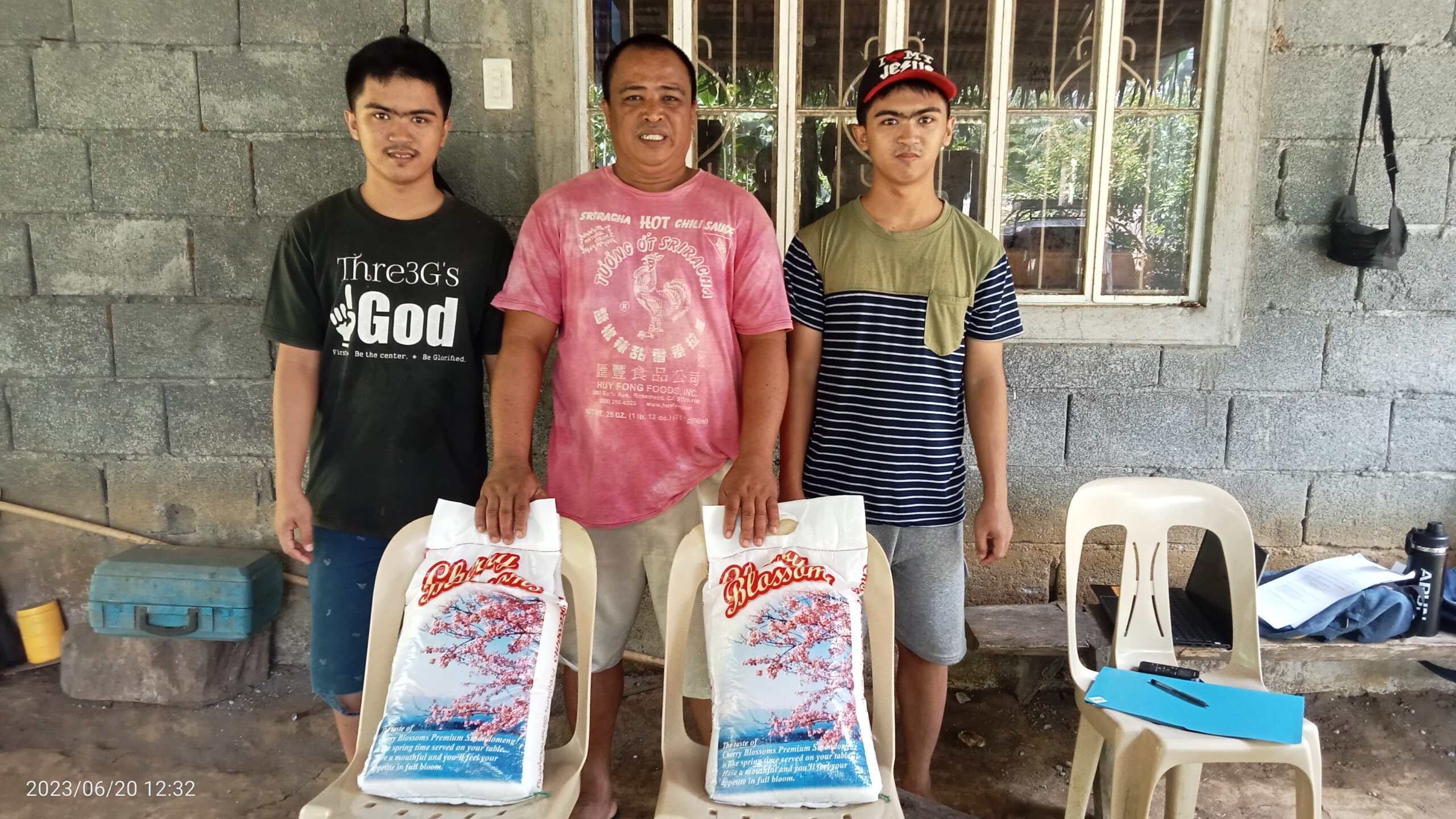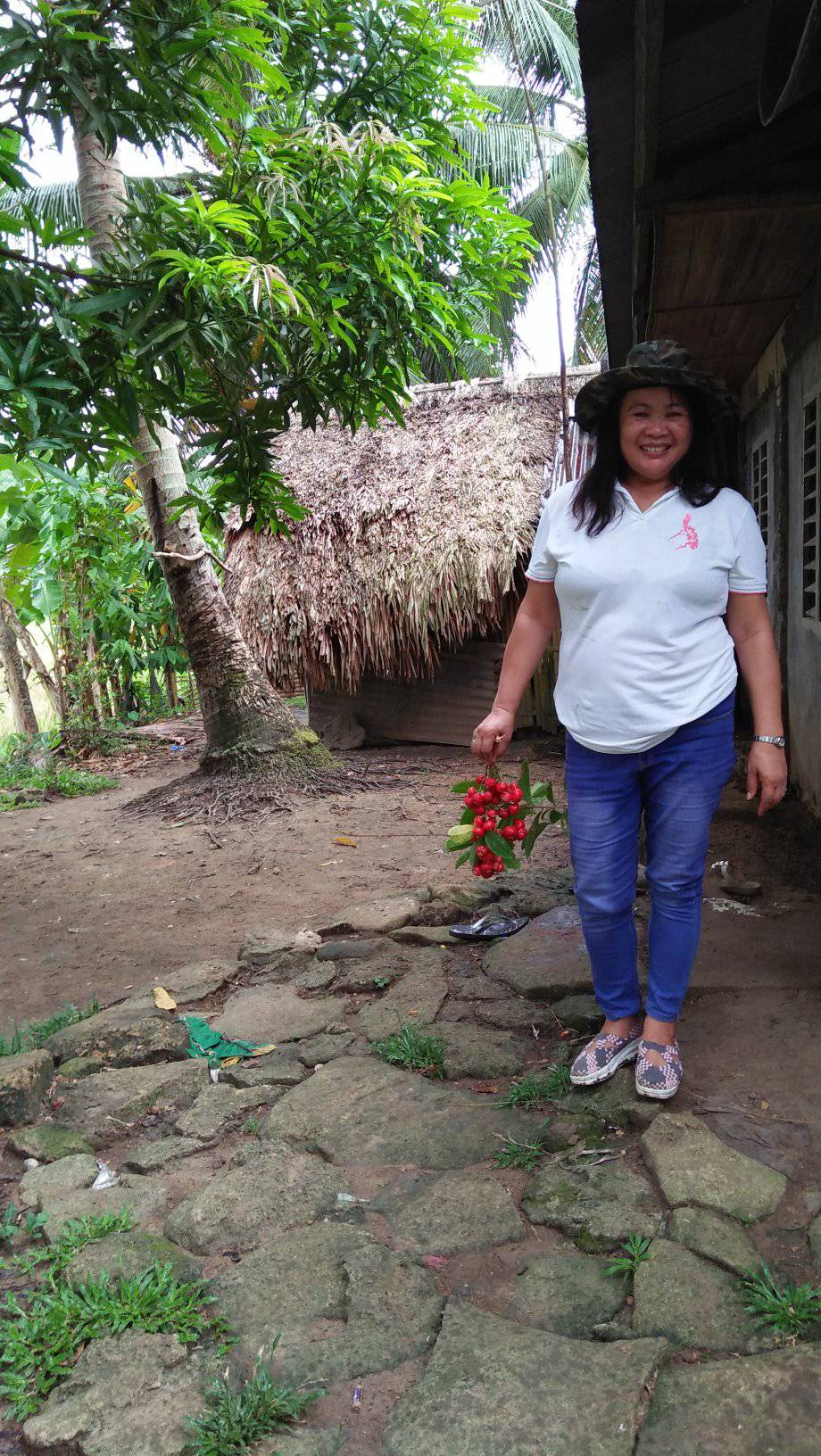Creating a better world for our children – World Children’s Day 2019
Stories | November 19, 2019
World Children’s Day is celebrated annually across the globe on 20 November. It is a day to promote international togetherness, awareness among children worldwide, and improve children’s welfare.
2019 marks an extra special celebration.
On this date:
- 50 years ago, the UN General Assembly adopted the Declaration on the Rights of the Child – an extension on the Geneva Declaration on the Rights of the Child, which now encompasses children’s rights to education, play, a supportive environment and healthcare
- 30 years ago, the UN General Assembly adopted the Convention on the Rights of the Child – an international treaty which established global standards on the rights of children. These standards recognise the roles of children as social, economic, political, civil and cultural actors. The Convention guarantees and sets minimum standards for protecting the rights of all children.
Children are the future and it’s important that we provide them with the love and support that they deserve.
Everyone has an important role to play to advocate, promote and celebrate children’s rights, and build a better world for children.
Since the Convention on the Rights of the Child:
- There has been more than a 50% reduction in deaths in children under 5 since 1989
- The proportion of undernourished children has halved
- 6 billion more people have cleaner drinking water (1)
However, more work needs to be done.
- 262 million children and youth are out of school
- 650 million girls and women were married before their 18th birthday
- 1 in 4 children will live in areas with extremely limited water resources by 2040 (2)
What is CBM doing to help?
We aim to transform the lives of more than five million people each year.
Alongside our partners, we are working to create a better world for all children, especially those in the poorest parts of the world and children with disabilities.
We are doing this in several ways:
Field work
- Inclusive education – we are working with local partners in several countries to create and improve inclusive education programmes. Education is a key tool to lift children out of poverty and reduce barriers to employment
- Inclusive Eye Health – helping to improve the sight of children who suffer from cataracts, trachoma, river blindness and other eye issues, as well as improving the lives of children who’s eyesight cannot be saved
- Disaster Risk Reduction – natural hazards are a regular and increasing occurrence in our world. We are working with communities in some of the most disaster prone areas to empower people with disabilities and ensure no one is left behind when disaster strikes. Children are particularly vulnerable before, during and after disasters and it is important that they are included during disaster risk reduction planning.
Advocacy
- National – working with allies and partners, we aim to influence Australian decision-makers to ensure that our aid and foreign policy supports change that addresses the root causes of poverty and injustice in the poorest countries around the world
- International – working with allies and partners, we aim to influence international bodies to bring disability rights into all areas of policy. This includes highlighting the unique barriers faced by people with disabilities, and raising awareness of their experiences and stories on the global level to make a more inclusive world for children living with disability.
What can you do to help?
There are several ways which you can help us in our mission to transform the lives of more than five million people each year. This includes donating, advocating, fundraising and prayer. Read about ways which you can get involved here.
Read more
- Read about our Inclusive Education programme
- Read about Inclusive Eye Health programmes
- Read about Disaster Risk Reduction
- Read about our Advocacy work
- Donate to our gift shop
References
- UNICEF, World Children’s Day (11.11.2019) https://www.unicef.org/world-childrens-day
- UNICEF, World Children’s Day (11.11.2019) https://www.unicef.org/world-childrens-day
https://www.cbm.org.au/stories/creating-a-better-world-for-our-children-world-children-day-2019
Related Stories

Rise and Thrive: Building resilient communities through inclusive mental health
As the climate crisis accelerates, communities across the Indo-Pacific...

A Father’s Unconditional Love
Allan is a farmer and father of 21-year-old twin brothers, George and Gerald, who together, live in a remote village in the Bicol region...

Estrella’s journey from patient to mental health advocate
Had you asked Estrella from the Philippines what her future looked like five years...
